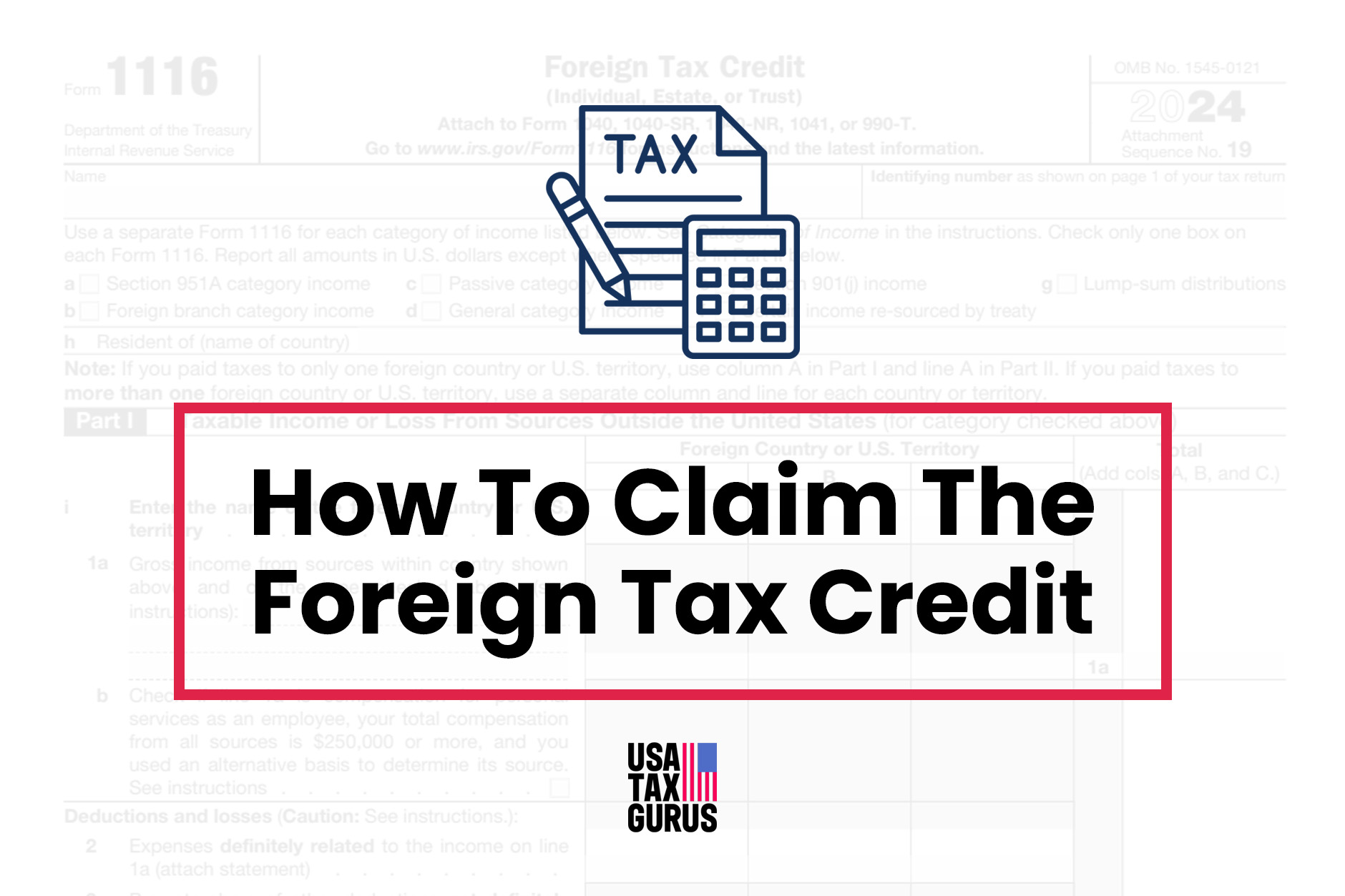How to Declare Foreign Dividends Correctly
Receiving dividends from foreign companies is a common investment strategy for many individuals and businesses. However, declaring such income properly to the Internal Revenue Service (IRS) is crucial to avoid costly mistakes such as double taxation or penalties. The United States tax system requires transparency and accuracy in reporting foreign dividend income, and understanding the applicable tax credits, treaties, and reporting procedures is essential.
In this comprehensive article, Legal Marketplace CONSULTANT will guide you through the essentials of correctly declaring foreign dividends, ensuring compliance with IRS regulations, and optimizing your tax situation. This includes an in-depth explanation of dividend taxation, foreign tax credits, tax treaties, reporting requirements, and potential pitfalls to watch out for. By following the guidance presented here, you will maintain a clean tax record and reduce your tax liabilities legally.
Understanding Foreign Dividends and Taxation
Dividends are the distribution of profits by a corporation to its shareholders. When these dividends are paid by foreign companies, they are termed foreign dividends. Even if you reside and pay taxes in the United States, the IRS requires you to report and pay taxes on your worldwide income, including foreign dividends.
However, foreign dividends may carry the risk of double taxation, where both the foreign country and the United States tax the same income. The IRS provides mechanisms, such as the Foreign Tax Credit (FTC) and tax treaties with other countries, to mitigate this issue. Proper declaration ensures you receive the benefits of these mechanisms.
Step 1: Identifying Your Foreign Dividend Income
Before declaring foreign dividends, it is vital to identify all sources of such income accurately. This includes dividends received directly from foreign corporations, dividends from foreign mutual funds, and dividends earned through foreign investment accounts. Carefully review your brokerage statements, dividend payment notifications, and foreign tax documents to gather comprehensive information.
Key information to collect includes the amount of dividends received, the country of origin, whether foreign taxes were withheld on those dividends, and the dates of receipt. This information will be necessary for correct reporting and claiming any applicable credits.
Step 2: Reporting Foreign Dividends on Your Tax Return
Foreign dividends must be reported on your federal income tax return. Typically, dividend income is reported on Form 1040, Schedule B, which includes a section specifically for foreign accounts and trusts. When you have foreign dividends, you must list the name of the payer, country of origin, and the amount received.
Additionally, if foreign tax was withheld on these dividends, you should report it as well. This is important to claim the Foreign Tax Credit, preventing double taxation. Failure to report foreign dividends or withholding taxes can lead to penalties, interest, or an audit.
Step 3: Claiming the Foreign Tax Credit
The Foreign Tax Credit (FTC) allows U.S. taxpayers to offset the taxes paid to foreign governments on dividends against their U.S. tax liability. To claim this credit, taxpayers must complete Form 1116 and attach it to their tax return.
Form 1116 requires detailed information about the foreign taxes paid, the type of income earned, and the country where the income originated. It is crucial to keep documentation such as foreign tax withholding statements or certificates.
The FTC is subject to limitations based on the proportion of foreign income relative to total income. Proper calculation and filing of this form are essential to maximizing your tax savings while remaining compliant with IRS regulations.
Step 4: Leveraging Tax Treaties Between Countries
The United States has tax treaties with many countries to reduce or eliminate double taxation on certain types of income, including dividends. These treaties can often lead to reduced withholding tax rates on dividends paid by foreign corporations to U.S. residents.
To benefit from a tax treaty, you must typically provide documentation to the paying foreign entity, such as Form W-8BEN, to certify your U.S. tax resident status. Furthermore, treaty benefits and any applicable rates should be correctly reported on your tax return.
Be aware that tax treaty provisions vary by country and may have specific requirements or limitations. Consulting the IRS website or a tax professional to verify applicable treaties for your situation is advisable.
Step 5: Dealing with Currency Conversion
Foreign dividends received in a foreign currency must be reported in U.S. dollars. The IRS requires taxpayers to use the correct exchange rate to convert foreign income and taxes paid to U.S. dollars.
Typically, the exchange rate on the date the dividend was received is used. If dividends were received multiple times throughout the year, you may use the exchange rate for each payment or an annual average rate. The key is to use consistent and reasonable methods and maintain records of how the conversion was calculated.
Common Pitfalls to Avoid When Declaring Foreign Dividends
- Neglecting to report foreign dividends, which can lead to IRS penalties.
- Failing to claim the Foreign Tax Credit, resulting in paying more tax than necessary.
- Incorrect currency conversion leading to inaccurate reporting.
- Not understanding the impact of tax treaties and missing out on reduced rates.
- Overlooking required forms such as Schedule B and Form 1116.
- Inadequate record keeping of foreign tax documents and dividend payments.
Additional Reporting Requirements and Forms
Aside from reporting dividends on Form 1040 Schedule B and claiming the Foreign Tax Credit on Form 1116, there may be other reporting requirements depending on your total foreign financial assets.
For example, U.S. taxpayers with foreign financial accounts exceeding $10,000 at any time during the year must file the Report of Foreign Bank and Financial Accounts (FBAR) using FinCEN Form 114. Similarly, FATCA (Foreign Account Tax Compliance Act) requires reporting on Form 8938 if foreign assets exceed certain thresholds.
Proper compliance with these reporting requirements helps avoid substantial penalties and maintains financial transparency with the IRS.
When to Seek Professional Assistance
Given the complexity of international tax law and frequent updates to tax treaties and IRS rules, many taxpayers find it beneficial to consult with a tax professional specializing in foreign income reporting.
Professional advice can help you:
- Accurately identify all foreign dividend income and taxes paid.
- Determine eligibility and application of foreign tax treaties.
- Calculate the Foreign Tax Credit properly to maximize tax benefits.
- Navigate currency conversions and document retention best practices.
- Ensure compliance with all IRS reporting requirements to avoid penalties.
If you need proper legal help, do not hesitate to reach out through communications available in our bio or send us a private message. Legal Marketplace CONSULTANT is here to support you with expert advice and full legal assistance tailored to your specific needs.
Key Takeaways for Correct Foreign Dividend Declaration
- Always report foreign dividend income on your U.S. tax return, using accurate and complete information.
- Claim the Foreign Tax Credit on Form 1116 to offset foreign taxes paid.
- Understand applicable tax treaties to benefit from potential reduced withholding tax rates.
- Use appropriate exchange rates for currency conversion and keep detailed records.
- Comply with additional reporting requirements, such as FBAR and FATCA, if applicable.
- Seek professional guidance when in doubt to ensure compliance and optimize tax outcomes.
Correctly declaring foreign dividends is a vital part of maintaining tax compliance and optimizing your tax responsibilities as a U.S. taxpayer. With the right knowledge and attention to detail, you can avoid double taxation and penalties by utilizing foreign tax credits and tax treaties effectively.
Legal Marketplace CONSULTANT is dedicated to providing comprehensive legal and tax assistance tailored to your unique situation. Should you need personalized advice or services, feel free to contact us through the links in our bio or send a private message. Transparency and compliance are keys to preserving your financial integrity.
Legal Marketplace CONSULTANT is a leading legal company specializing in comprehensive legal and tax services for businesses and individuals. Our team includes experienced attorneys, tax consultants, auditors, and accountants dedicated to confidentiality and professional excellence.































